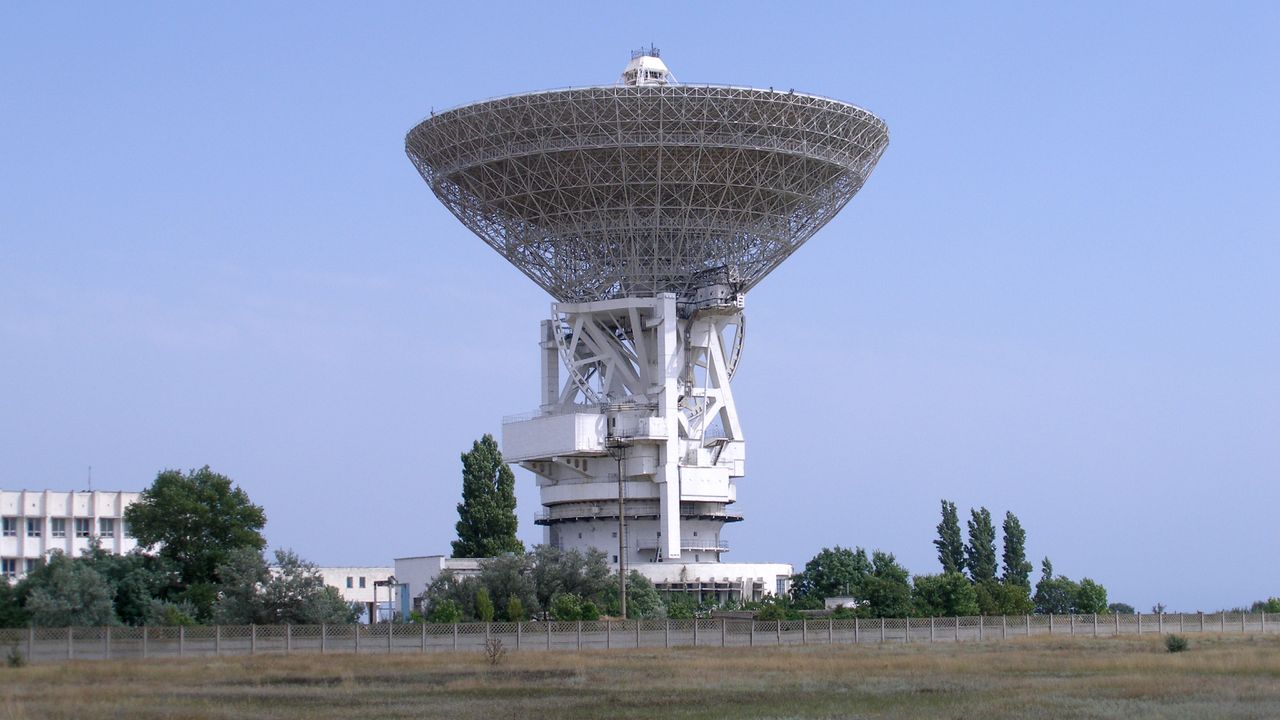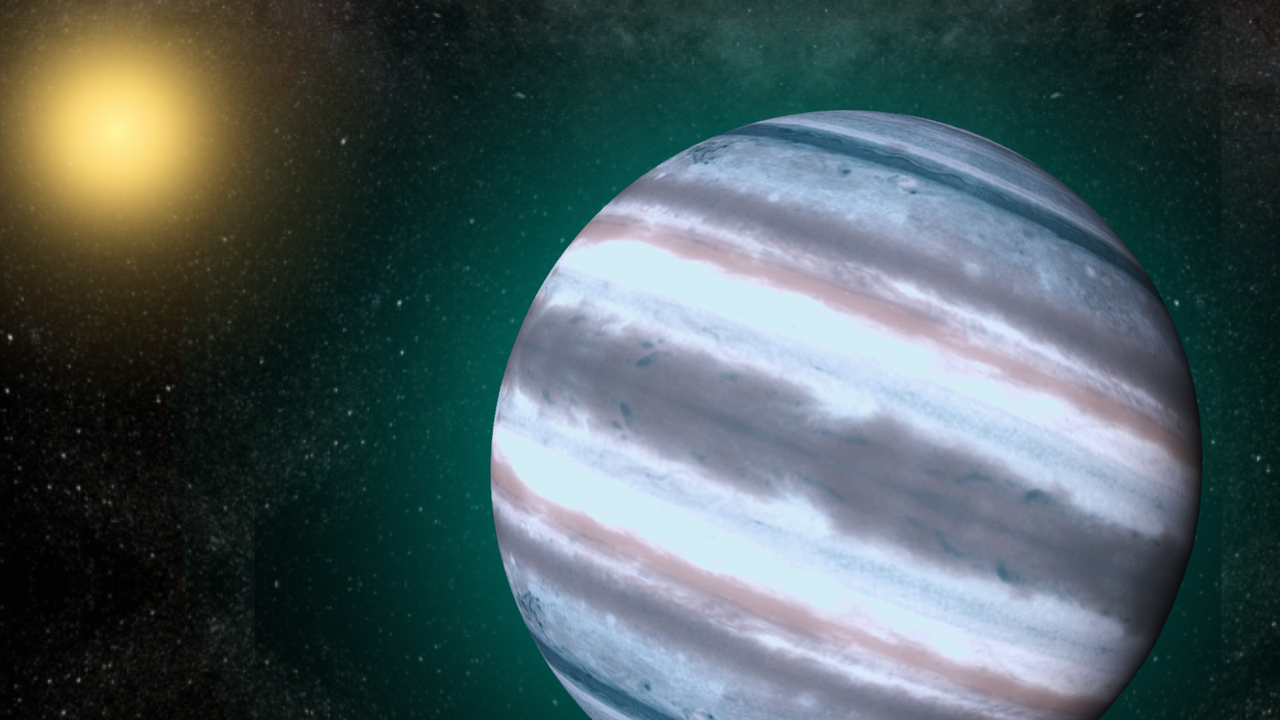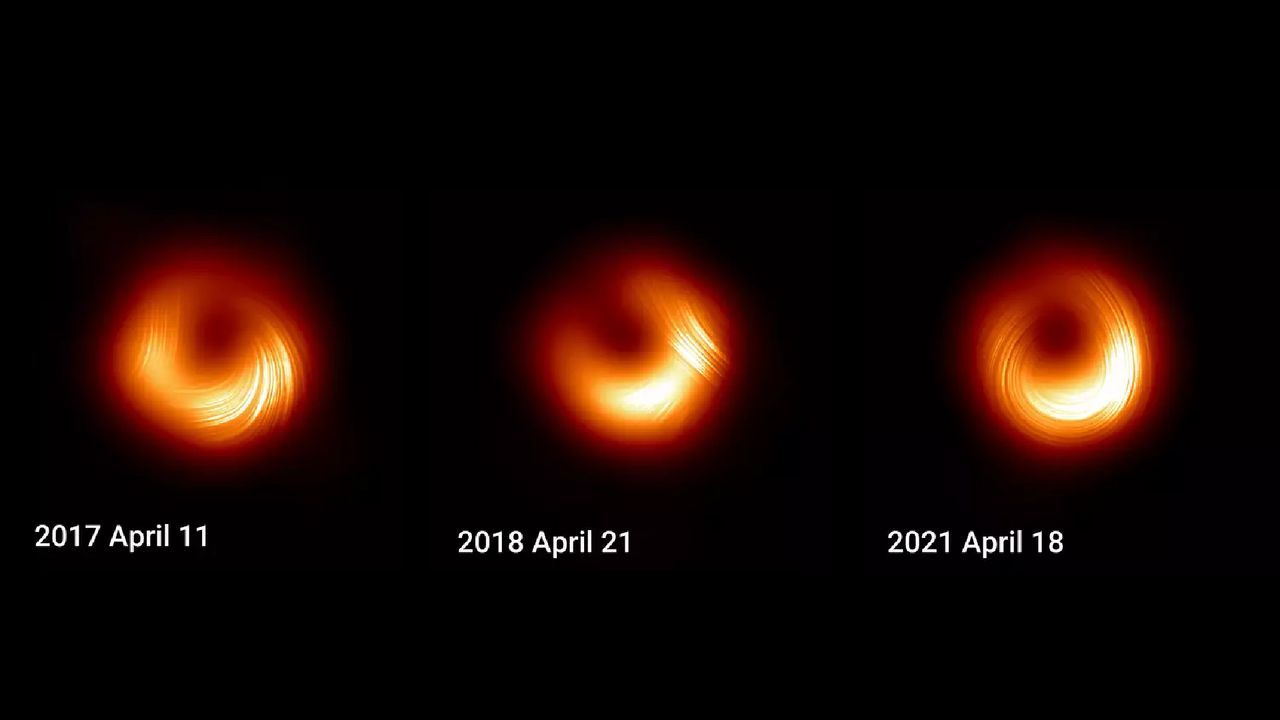Ukraine destroys giant radio telescope used by Russian military
PositiveScience

In a significant move, Ukraine has successfully destroyed one of the world's largest radio telescopes, which was reportedly being used by Russian military forces for communications. This action, carried out by a Ukrainian drone, highlights Ukraine's ongoing efforts to disrupt Russian military operations and protect its sovereignty. The destruction of such a critical asset not only hampers Russian capabilities but also demonstrates Ukraine's strategic use of technology in modern warfare.
— Curated by the World Pulse Now AI Editorial System






